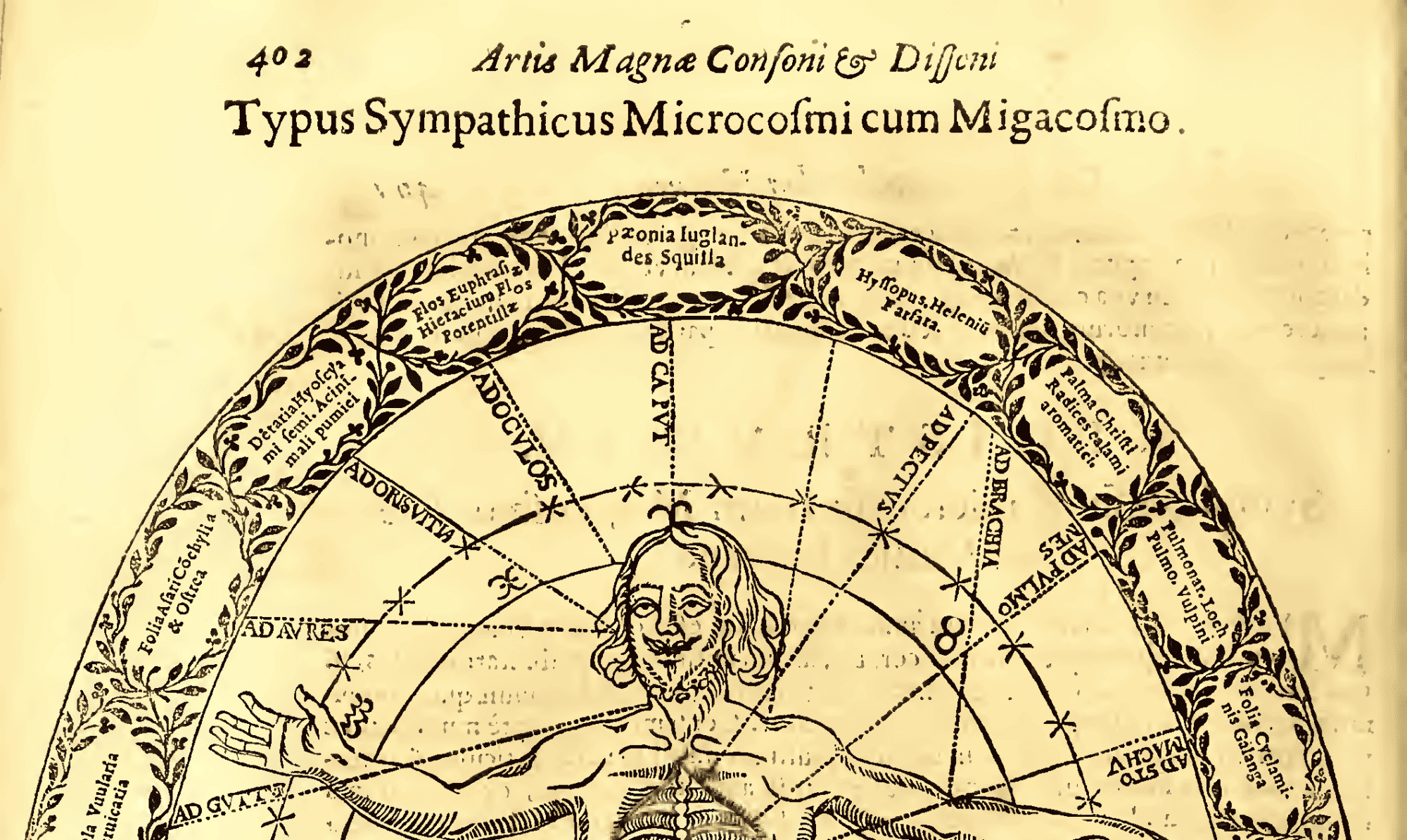ANG: third stream, third–stream, third stream 1950; NEM: third stream, third–stream–Jazz, Synthese von Jazz und neuer Musik; FR: third stream, le troisième courant, synthèse entre le jazz et la musique contemporaine; IT: third stream, sintesi tra il jazz e la musica contemporanea.
ET: ANG = tretji tok.
D: »Pojem je skoval Gunther Schuller na predavanju leta 1957 na Univerzi Brandeis, in sicer za glasbeno zvrst, pri kateri se skozi ♦improvizacijo♦ ali zapisano skladbo (ali oboje) združujejo značilnosti in tehnike ♦sodobne♦ zahodne umetniške ♦glasbe♦ ter različnih etničnih in folklornih1 glasb. V osnovi tega koncepta je predstava o tem, da lahko katerikoli glasbi koristi konfrontacija s kakšno drugo glasbo. Na ta način se lahko skladatelji zahodne umetniške glasbe veliko naučijo tudi od ritmične vitalnosti jazzovskega ♦swinga♦ (D 1), medtem ko ♦jazz♦ glasbeniki lahko poiščejo nove zmožnosti razvoja v velikih oblikah in kompleksnejših tonskih ♦sistemih♦ klasične glasbe.« (‹GRJ›, II, 531)
KM: Avtor D je Gunther Schuller. Ustreznice v NEM, FR in IT, ki so v bistvu razlage ANG-izvirnega pojma, so v ‹BR›, 240–241.
KR: Ponekod se (‹FR›, 92–93; ‹GR›, 181; ‹IM›, 386; ‹SLON›, 1497) pomen pojma neupravičeno širi na vse primere, kjer se čuti vpliv ♦jazza♦ na ♦glasbo 20. stoletja♦ (Stravinski, Hindemith, Milhaud, Ravel, Debussy itn.), kar je seveda napačno, saj se t. s. po D nanaša samo na strogo specificirane slogovne značilnosti.
Le v ‹RAN›, 854–855, je iz povsem nejasnih razlogov pojem zapisan z vezajem. »Third« je pridevnik, ki stoji pred samostalnikov »stream« in je zaradi tega zapisovanje z vezajem odvečno.
Priporoča se raba izvirnega ANG-pojma kot tehničnega pojma v slovenskem jeziku.
GL: ♦improvizacija♦, ♦jazz♦, ♦metaglasba♦, ♦simfonični jazz♦, ♦glasbe sveta♦.
PRIM: ♦mainstream (jazz) ♦ = (jazz glavnega toka).
‹BASS›, IV, 536; ‹BKR›, IV, 241; ‹GR6›, XVIII, 773; ‹HI›, 476; ‹RAN›, 854–855; ‹V›, 761
1 V izvirniku se uporablja »vernacular«.
